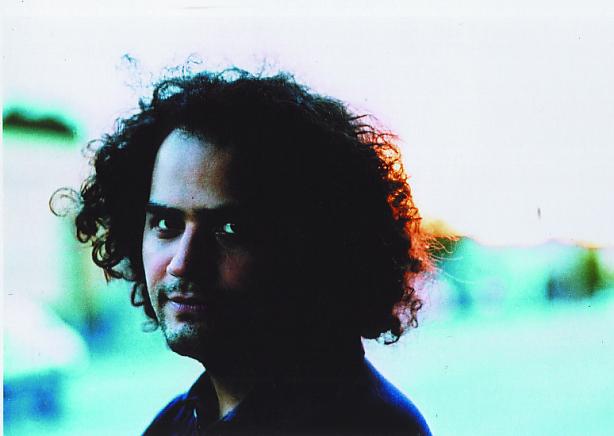“Viaje One Way” is a Spanish-language anthology of authors from Latin America and Spain. Hernan Vera Alvarez, one of the editors, says the book is "a mirror of the 21st-Century Miami."
"Before there were anthologies of Cuban writers in Miami," he says, "but this book is the first one that unites Latin American, Spanish and Cuban writers."
Alvarez moved to the U.S. from Argentina when he was 23 years old. Below, he talks about the new "Viaje One Way."
There will be a book presentation on June 27 at the Betsy Hotel in Miami Beach.
The title of the book is in Spanglish. Why did you decide to do that, and how does that represent Miami culture?
I like to write in Spanish. Just like many Hispanic writers here in the U.S., I write in Spanish used in my country, but I also use the Spanglish used here. And all this happens in Miami.
We [immigrants in Miami] use different words from Latin American countries. And so my accent is different from people that have lived in Argentina their whole lives.
This anthology is a mirror of the language that Miami uses, and other cities in the U.S with a Hispanic influence.
What is the importance of having different nationalities in the book?
Miami has a big literary story, but it has never had an anthology of diverse authors. Before it was only Cuban, so I think this represents what Miami is today, a melting pot. (Jose Ignacio Valenzuela moved from Chile a few years ago, he writes for television. Then we have Jose Abreu Felippe from Cuba, who has been living here for 20 years. Pedro Medina is Peruvian and he came here in his early 20s and started developing his literary career here.)
It represents the future of the United States. Spanish is its second language and in contrast to what other people think, Spanish is not a restaurant language. There are creative people that write in Spanish and English. We are becoming a bilingual country day by day.
What future will Spanish literature have in the U.S.?
When people ask me why I write in Spanish even though I live in the U.S., I tell them that is exactly the reason why. Because there are 40 million people. That is the same Spanish-speaking population as Argentina, so why not write in Cervantes’ language? ... We also want to showcase that here in Miami there is an interesting movement of well known Spanish writers. That makes the movements in other states bigger and stronger. It is great that the U.S. has a bigger tradition of Spanish writers.
What do you think about the Hispanic generations in the U.S. that are forgetting to speak Spanish?
I think that is losing something beautiful. Just like I know English, others can learn other languages. Now with globalization people exchange things and information flows. I think to just keep one side of that information is a poor decision.
